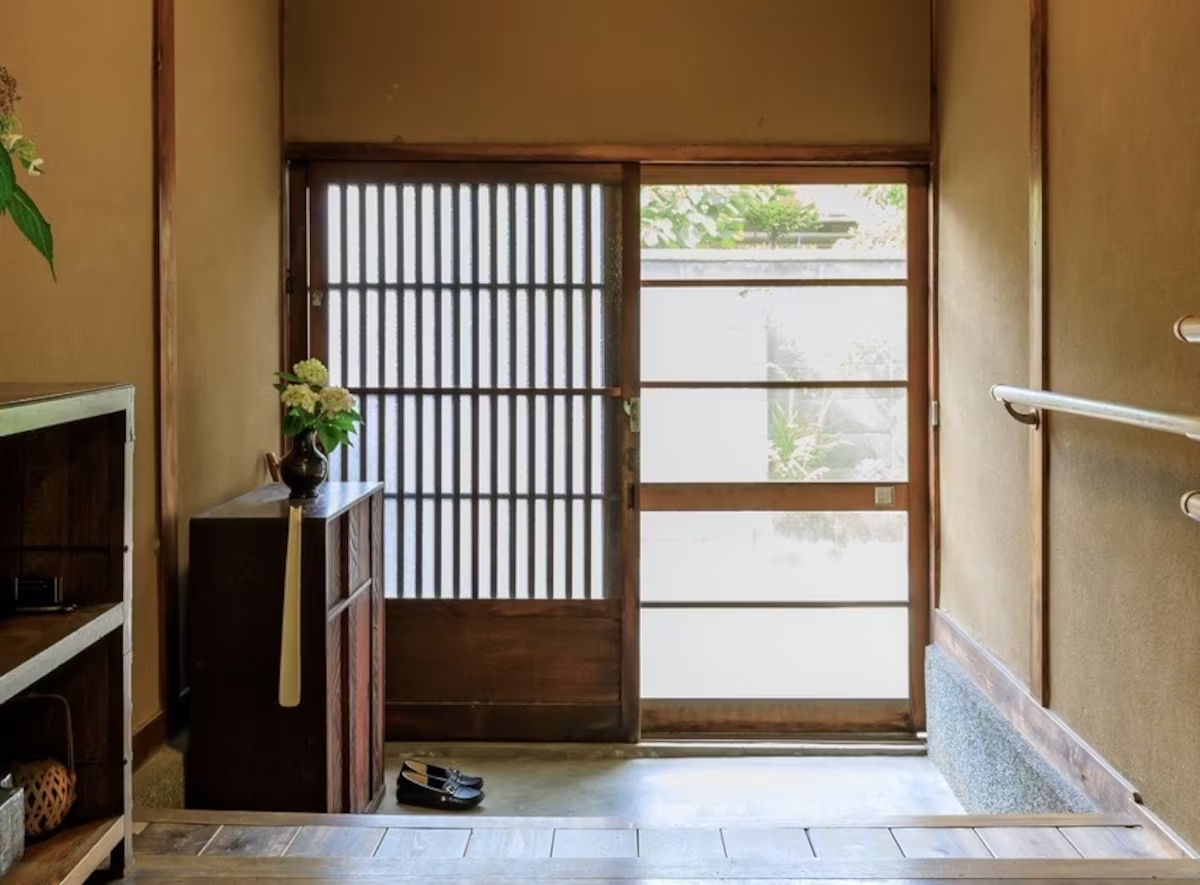Last Updated on 2024-08-11 , 9:19 am
Have you ever wondered why Asians have the practice of taking off their shoes before entering a house?
This seemingly common cultural norm has a deeper significance and varies across different Asian cultures.
In this article, we will explore the origin and reasons behind this tradition, shedding light on why Asians take off their shoes and the cultural significance it holds.
Why Do Asians Take Off Their Shoes: Unveiling the Origin
The tradition of removing shoes before entering a house is deeply rooted in Asian cultures, and its origins can be traced back to various reasons.
Let’s delve into some of the main factors that contribute to this widespread practice.
Maintaining cleanliness and hygiene is paramount in many Asian households.
Singaporean moms, in particular, advocate for removing shoes before entering the house to preserve cleanliness.

Stepping into a home with shoes on can introduce a myriad of bacteria and dirt, as a 2008 study by the University of Arizona revealed.
Shockingly, the study found that approximately 421,000 different types of bacteria were present on shoes, with 96% of them containing coliforms—a bacteria found in feces.
Different Practices in Different Asian Countries: A Glimpse into Variation
While the practice of removing shoes before entering a house is common across many Asian countries, the methods and customs may differ.
Let’s explore some notable variations observed in different Asian cultures.
In Japan and Korea, the commitment to cleanliness reaches new heights. These countries feature small entryways called “genkan” in Japan and “hyeon gwan” in Korea, designed explicitly for shoe removal.

These areas are slightly lower than the rest of the house, signifying the transition from the outside world to the clean living spaces within.
Upon removing their shoes, individuals then switch to indoor slippers, known as “sil nae hwa” in Korea.
Japan takes it a step further by providing separate slippers for bathroom use, emphasizing the importance of maintaining hygiene and preventing the spread of germs.
Beyond Hygiene: Cultural and Spiritual Significance
In some Asian cultures, the practice of removing shoes encompasses more than just hygiene concerns.
In Thailand, for example, the head is considered the most revered part of the body, housing the spirit.
Conversely, the feet, positioned at the opposite end of the body, are seen as spiritually “dirty” due to their distance from the spirit.
As a result, shoes are viewed as carriers of impurities. While Thais cannot physically detach their feet, they can easily remove their shoes, symbolically detaching themselves from spiritual impurities.
Consequently, Thais commonly practice shoe removal in their homes, temples, and even some small shops that request customers to go in barefoot.
Is It Rude to Ask Guests to Remove Their Shoes?
After understanding the reasoning behind the Asian tradition of removing shoes before entering a house, we can reflect on whether it is still considered rude to ask guests to follow this practice.
It is crucial to respect cultural norms and the preferences of the host, acknowledging that it is not merely a matter of personal choice but a reflection of cultural values and cleanliness standards.
While some guests may find it inconvenient or unfamiliar, abiding by the host’s house rules demonstrates respect and appreciation for their customs and way of life.




